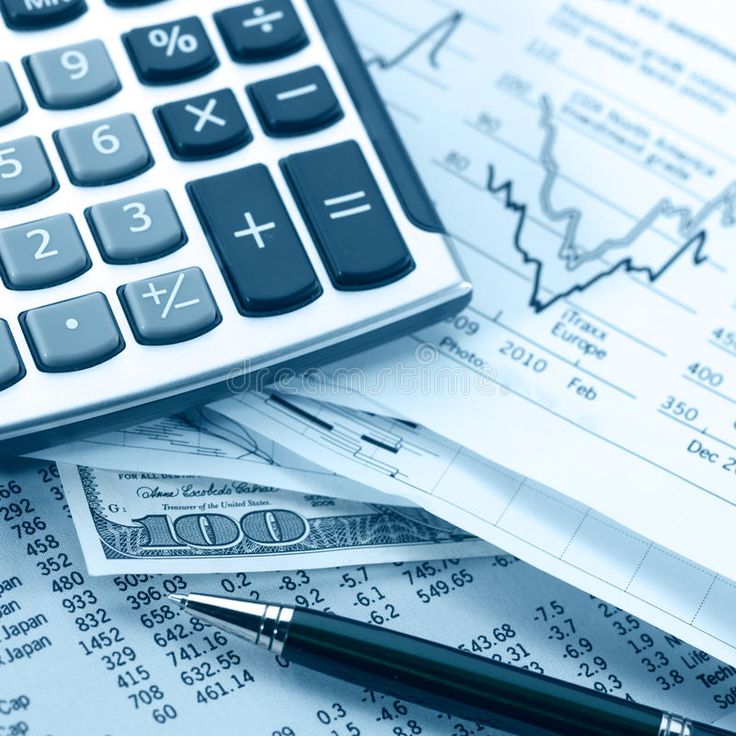When it comes to choosing between a major in finance and a major in economics, many students face a crucial decision that can shape their academic journey and future career. Both fields are deeply intertwined, yet they offer distinct perspectives, skill sets, and career opportunities. So, which is the better choice for you? Let’s dive into both majors to help you make an informed decision.
1. Understanding the Difference Between Finance and Economics
Finance focuses on the management of money, investments, and financial markets. It’s a practical, action-oriented field that teaches students how to allocate resources, assess risks, and make decisions regarding investments, corporate finance, and financial planning. Finance is highly applicable in areas like banking, investment management, and corporate financial strategy.
On the other hand, Economics is a broader field that deals with the production, distribution, and consumption of goods and services. Economics looks at both macroeconomic factors (such as inflation, GDP, and unemployment) and microeconomic issues (like consumer behavior and market structures). It’s a more analytical field that aims to understand how economies function and how individuals, businesses, and governments make decisions.
2. Skill Set: Practical vs. Theoretical
A major in finance provides you with a highly specialized skill set. You’ll learn how to work with financial statements, manage investments, evaluate financial risks, and make strategic decisions to maximize returns. Finance is hands-on, and your education often involves real-world case studies, financial modeling, and quantitative analysis. These practical skills make graduates well-equipped for roles in banking, corporate finance, insurance, and investment firms.
In contrast, economics offers a strong theoretical foundation. It teaches students to analyze economic trends, understand market dynamics, and apply models to forecast future economic conditions. Economics majors often focus on critical thinking, problem-solving, and the ability to analyze large sets of data. While finance has a more specialized application, economics provides a broader understanding of how the world works at both macro and micro levels.
3. Career Opportunities and Earnings Potential
Both finance and economics open doors to lucrative career opportunities, but the nature of these opportunities differs.
Graduates with a finance degree typically land roles in investment banking, financial analysis, asset management, corporate finance, and financial planning. The finance sector tends to offer higher starting salaries, especially for positions in investment banking and hedge funds. Finance professionals are in high demand, and as you gain experience, opportunities for advancement and earning potential grow rapidly.
An economics degree, while still valuable, offers more flexibility in terms of career options. Economists work in government agencies, research organizations, think tanks, and international institutions, as well as in the private sector, where they analyze market trends or advise businesses on economic policy. While the initial salaries for economists may not be as high as those in finance, they can still be quite competitive, especially for roles in consulting or economic research.
4. Which Major Offers More Flexibility?
An economics degree offers broader career flexibility compared to finance. With an economics background, you can pursue various career paths in both the private and public sectors, including roles in public policy, economic research, international relations, and business consulting. The analytical and problem-solving skills gained through an economics major are highly transferable and applicable to multiple industries.
A finance degree, however, is more specialized and tailored toward careers within the financial services industry. While the skill set you acquire is very specific, it does limit your flexibility outside of finance-related fields. However, this specialization can also be a strength, as finance professionals often find themselves in high-demand roles with excellent career advancement opportunities.
5. Job Stability and Industry Trends
Both finance and economics are integral to the functioning of the global economy, but finance tends to offer more job stability. The financial sector is consistently growing, with expanding opportunities in areas such as fintech, investment management, and corporate finance. The rise of digital currencies, data analytics, and global markets ensures that finance professionals will continue to be in demand.
Meanwhile, economics professionals also enjoy job stability, though the types of roles they pursue can vary greatly. Economists are essential for providing insights into market trends, crafting economic policies, and conducting research. As economies become increasingly data-driven, the demand for economists is likely to rise, but the industry can be more volatile depending on the specific sector or geographic region you focus on.
6. Which Major Should You Choose?
Choosing between finance and economics ultimately depends on your interests, career goals, and the skill set you wish to develop.
-
Choose finance if you are interested in the practical application of financial concepts, have a passion for working with money, and want to pursue a career in financial markets, corporate finance, or investment analysis.
-
Choose economics if you enjoy analyzing data, understanding global economic systems, and want a broader understanding of how markets, businesses, and governments interact. Economics is ideal for those interested in public policy, economic research, or consulting.
Conclusion
Neither a finance nor an economics degree is inherently better than the other; it all comes down to what fits your career aspirations and academic interests. A finance degree will lead you toward a fast-paced, high-earning career in financial services, while an economics degree offers versatility and a deeper understanding of the world’s economic systems. Both fields offer valuable knowledge and skills, so the best choice depends on what excites you most—practical finance or analytical economics.

